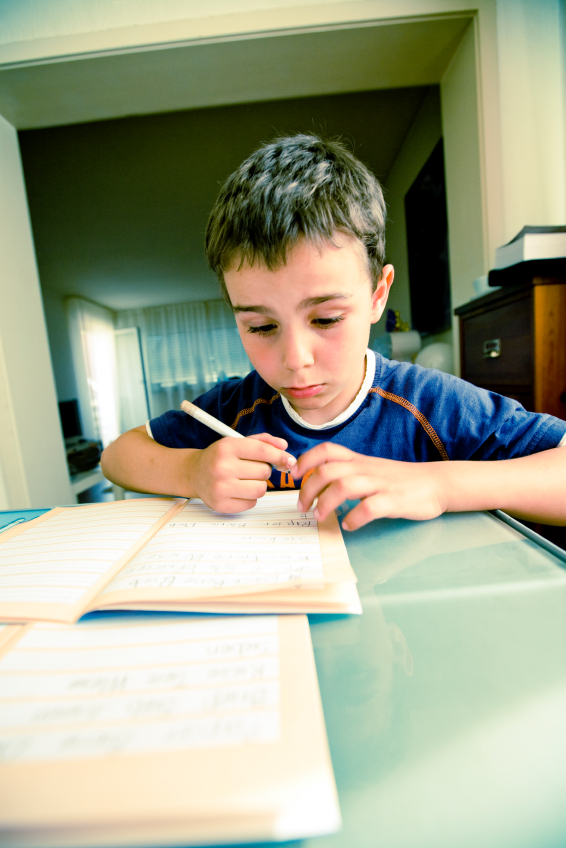
Tips for working with children who have experienced a very recent trauma
March 6, 2012
Children who experience or witness a traumatic event typically suffer from intense emotional, physical, and/or psychological distress. Traumatic events include a serious accident, a natural disaster, a physical attack, war, or other extremely stressful event that threatens the child’s safety. At school the child may behave differently such as becoming withdrawn or angry; having difficulty concentrating; writing, drawing or playing about the trauma repeatedly; or complaining of feeling tired, sick or having headaches.
Support at school is best implemented within the first 24 to 48 hours following the event. Most children will recover after several days or weeks though for some recovery might take longer. To help reduce the likelihood of ongoing difficulties and/or the onset of further trauma, support is particularly important during the two weeks following the incident.
Below are a few strategies you can use to support a student who has experienced trauma.
- Maintain normal classroom routines as much as possible, although what is expected of the child such as classwork and homework may need to be reduced or modified.
- Help connect the child’s family with someone at the school who can assist with practical support such as clothing, food, shelter and other material items if required. This may be the Assistant Principal, Wellbeing Officer, Counsellor, Chaplain or whoever is in charge of welfare at the school.
- Do not force the child to talk about the experience if they are reluctant to do so. Some children prefer not to discuss the experience and that is okay.
- Provide a safe place for the child to talk about the trauma if they wish to do so.Designate a regular time to be available, should the child wish to talk to you. If you do not feel comfortable talking with the child about what has happened, make sure you organise someone else to do so. This may be a school psychologist, a teacher from another grade, the deputy or assistant principal or another staff member at the school with whom the child feels connected. Just ‘being there’ is also important.
- Actively discourage the child from telling other children about the event—emphasise that this story is best told to an understanding adult.
- Increase the child’s connectedness to their friends and classmates. Allow the child to sit with friends and to engage in group work together. If the child is absent from school for a while the class may like to make the child a class letter, or a movie of what the class has been doing including personal messages from students for the child.
- Look after yourself. Working with a child who has experienced trauma can be emotionally draining. Make an extra effort to take care of yourself emotionally and physically during this time. For more on looking after yourself read our ‘Looking after yourself’ ebooklet.
If the child is still displaying extreme reactions to the trauma such as withdrawal, being aggressive, ongoing sleeping problems or is obsessed with violent thoughts or images of the trauma, inform the principal or a member of the leadership team and they can assist in referring the child via their parents to a GP or psychologist.
For more information on supporting a student who has experienced trauma, including step by step tips on how to talk to the child, whole class activities to assist the child to cope better, what to say to parents at the school, and where to get further help, download the full Working with children who have experienced trauma in the past two weeks ebooklet.